Sunscreen Without Chemicals: Your Guide to Natural Sun Protection
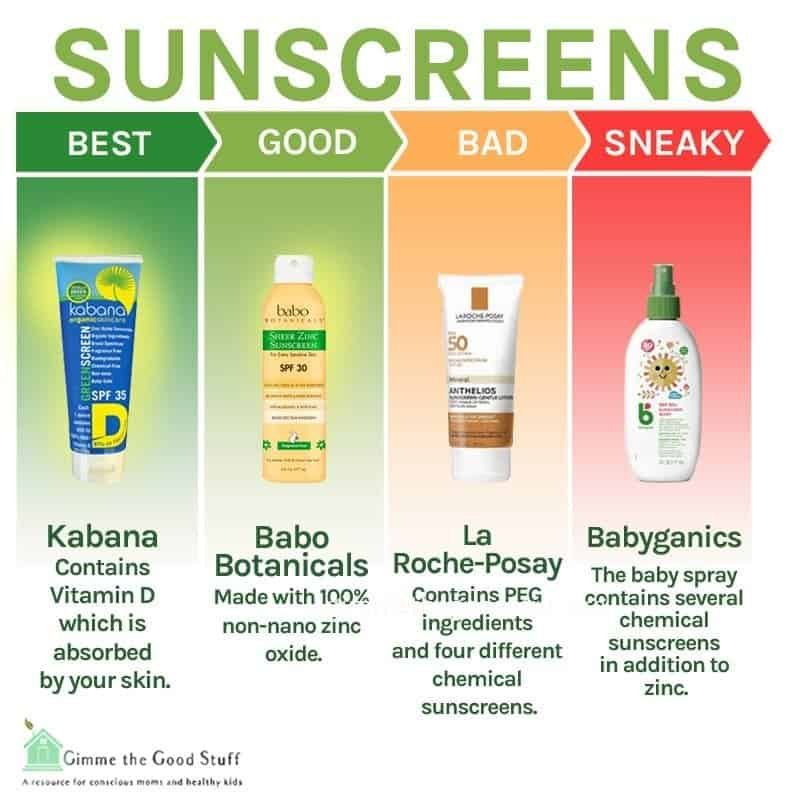
Sunscreen is crucial for protecting our skin from harmful UV rays. But many people seek sunscreen without chemicals for safer, gentler options. Chemical-free sunscreens are gaining popularity. They contain natural ingredients, making them ideal for sensitive skin. These sunscreens use minerals like zinc oxide or titanium dioxide to block the sun’s rays. They provide excellent protection without harsh chemicals. Many individuals are switching to these alternatives for their health benefits.
Let’s explore the world of sunscreen without chemicals. Discover how they work and why they might be the perfect choice for you.
Benefits Of Natural Sunscreen
Natural sunscreen offers several benefits for both your skin and the environment. Opting for a sunscreen without chemicals can improve your overall health. Let’s explore the specific advantages of using natural sunscreen.
Skin Health
Natural sunscreen protects your skin without harsh chemicals. It reduces the risk of irritation and allergic reactions. Natural ingredients like zinc oxide and titanium dioxide offer broad-spectrum protection. These ingredients are less likely to cause breakouts. They are also safe for sensitive skin. Natural sunscreen can help maintain your skin’s natural moisture balance. It provides effective sun protection while nourishing your skin.
Environmental Impact
Many chemical sunscreens harm the environment. They can damage coral reefs and marine life. Natural sunscreens are biodegradable and eco-friendly. They do not contain harmful substances like oxybenzone and octinoxate. Using natural sunscreen helps preserve ocean ecosystems. It supports the health of our planet. Choosing natural sunscreen is a step towards a more sustainable lifestyle.
Common Chemicals In Sunscreens
Sunscreens are essential for protecting our skin from harmful UV rays. Many sunscreens, though, contain chemicals that can harm both our bodies and the environment. Understanding these common chemicals helps us make safer choices.
Harmful Ingredients
Oxybenzone is one of the most common chemicals in sunscreens. It can cause skin allergies and disrupt hormones. Octinoxate is another ingredient to watch out for. It may also cause hormone disruptions and has been linked to reproductive issues. Homosalate helps sunscreen absorb into the skin. Yet, it can build up in our bodies over time and become toxic.
Regulatory Concerns
The FDA regulates sunscreen ingredients in the United States. Yet, some chemicals are still under review for safety. Europe has stricter regulations compared to the US. They have banned or restricted certain chemicals. This difference in regulations raises concerns about the safety of sunscreens sold worldwide. Consumers need to stay informed and read labels carefully.
Natural Ingredients For Sun Protection
Sunscreen without chemicals are essential for protecting our skin from harmful UV rays. But not all sunscreens are created equal. Many contain chemicals that can irritate the skin or cause other health concerns. Fortunately, there are natural alternatives that provide effective sun protection without the use of chemicals. Let’s explore two key natural ingredients used in chemical-free sunscreens: zinc oxide and titanium dioxide.
Zinc Oxide
Zinc oxide is a popular natural ingredient for sun protection. It works by sitting on top of the skin and reflecting UV rays. This physical barrier protects the skin from both UVA and UVB rays.
Here are some benefits of using zinc oxide in sunscreens:
- Provides broad-spectrum protection against UVA and UVB rays.
- Gentle on sensitive skin.
- Non-comedogenic, meaning it does not clog pores.
- Safe for the environment, especially marine life.
Compared to chemical sunscreens, zinc oxide is less likely to cause irritation. This makes it a great choice for those with sensitive skin.
Titanium Dioxide
Titanium dioxide is another effective natural ingredient found in sunscreens. It also works by creating a physical barrier that reflects UV rays. Like zinc oxide, it protects the skin from both UVA and UVB rays.
Benefits of titanium dioxide include:
- Provides broad-spectrum protection.
- Less likely to cause skin irritation.
- Non-comedogenic, so it won’t clog pores.
- Environmentally friendly and safe for marine life.
Titanium dioxide is often used in combination with zinc oxide for enhanced protection. Together, they create a powerful, natural defense against the sun.
Choosing sunscreen without chemicals like zinc oxide and titanium dioxide can help protect your skin without chemicals. These ingredients are effective, gentle, and eco-friendly. So next time you need sun protection, consider a natural option.

Diy Natural Sunscreen Recipes
Many people look for natural alternatives to their skincare routines. Sunscreen is one such product. Sunscreen without chemicals protect the skin without harsh chemicals. They are easy to make at home. This section covers some easy DIY natural sunscreen recipes.
Simple Recipes
Creating your own natural sunscreen is simple. One popular recipe uses coconut oil, shea butter, and zinc oxide. Start with 1/2 cup of coconut oil. Melt it in a double boiler. Add 1/4 cup of shea butter and mix well. Finally, stir in 2 tablespoons of zinc oxide. Let the mixture cool before use.
Another recipe uses aloe vera gel, coconut oil, and raspberry seed oil. Combine 1/2 cup of aloe vera gel with 1/4 cup of coconut oil. Add 10 drops of raspberry seed oil. Mix well and store in a glass jar. Apply to the skin before sun exposure.
Safety Tips
Always test your homemade sunscreen without chemicals on a small skin area first. This helps ensure you don’t have any allergic reactions. Use clean utensils and containers to avoid contamination. Store your natural sunscreen in a cool, dark place. This keeps the ingredients fresh and effective.
Remember that natural sunscreens may not provide as high SPF as commercial products. Reapply every two hours for better protection. Always use protective clothing and avoid direct sun during peak hours.
Choosing The Right Natural Sunscreen
Choosing the right natural sunscreen can be a challenge. With so many options available, it’s essential to understand what to look for. Here’s a guide to help you select the best natural sunscreen for your needs.
Spf Levels
SPF, or Sun Protection Factor, measures how well asunscreen without chemicals will protect your skin from UVB rays. UVB rays cause sunburn and contribute to skin cancer.
| SPF Level | Protection |
|---|---|
| SPF 15 | Blocks 93% of UVB rays |
| SPF 30 | Blocks 97% of UVB rays |
| SPF 50 | Blocks 98% of UVB rays |
Choose an SPF level based on your sun exposure. For daily use, SPF 15 may be enough. For extended outdoor activities, opt for SPF 30 or higher.
Skin Type Considerations
Different skin types have different needs. Selecting the right sunscreen without chemicals for your skin type ensures better protection and comfort.
- Dry Skin: Look for sunscreens with hydrating ingredients like aloe vera or glycerin.
- Oily Skin: Choose a lightweight, non-greasy formula. Gel-based sunscreens work well.
- Sensitive Skin: Opt for sunscreens with natural ingredients. Avoid fragrances and harsh chemicals.
- Combination Skin: A balanced formula that hydrates without making your skin greasy is ideal.
Remember, the right sunscreen protects and suits your skin type. Always test a small patch before using it regularly.
Application Tips For Natural Sunscreen
Natural sunscreens are a great choice for those wanting to avoid chemicals. Applying these sunscreens correctly ensures maximum protection. Here are some essential tips to get the most out of your natural sunscreen.
Proper Techniques
Applying natural sunscreen requires a bit of care. Follow these steps for the best results:
- Start with clean skin. Wash your face and body to remove oils and dirt.
- Apply generously. Use a liberal amount to cover all exposed skin.
- Rub in thoroughly. Natural sunscreens can be thicker. Ensure even coverage.
- Focus on key areas. Don’t forget the ears, neck, and feet.
- Allow absorption time. Wait 15 minutes before sun exposure.
Proper application ensures that your skin is well-protected.
Reapplication Guidelines
Natural sunscreens need frequent reapplication for continuous protection. Here’s how to do it right:
- Reapply every two hours. This keeps the protection strong.
- After swimming or sweating. Water and sweat can remove sunscreen.
- Towel drying. If you towel off, reapply your sunscreen.
- Cloudy days. UV rays penetrate clouds, so reapply as often.
Frequent reapplication ensures sustained protection throughout the day.
Combining Sunscreen With Other Protective Measures
Protecting your skin from the sun is essential. Chemical-free sunscreen is a great choice. But, it’s even better when combined with other protective measures.
Clothing Choices
Choosing the right clothes can protect your skin. Opt for long sleeves and pants. Lightweight fabrics can keep you cool. Clothes made from tightly woven fabrics offer more protection.
A wide-brimmed hat shields your face and neck. Sunglasses with UV protection guard your eyes. Look for the UV Protection Factor (UPF) label on clothing. This label indicates how well the fabric blocks UV rays.
| Clothing Item | Protection Level |
|---|---|
| Long Sleeves | High |
| Wide-Brimmed Hat | High |
| UPF Clothing | Very High |
| Sunglasses | Moderate |
Shade And Timing
Seek shade during peak sun hours. 10 a.m. to 4 p.m. is when the sun is strongest. Plan outdoor activities for early morning or late afternoon.
Trees, umbrellas, and canopies can provide good shade. Use them at the beach or park. Shade reduces your UV exposure significantly.
Remember the shadow rule. If your shadow is shorter than you, the UV rays are strong. Stay in the shade or indoors during these times.
Combining these measures with sunscreen ensures the best protection. Always think of your skin’s health first. A little planning goes a long way.
Debunking Myths About Natural Sunscreen
Many people believe that natural sunscreens are not effective. This is a myth. Natural sunscreens can protect your skin from harmful UV rays. They can also be gentle on your skin. Let’s debunk some myths about natural sunscreen. We will look at its effectiveness and longevity.
Effectiveness
Some think natural sunscreen does not work well. This is false. Natural sunscreen often uses zinc oxide or titanium dioxide. These ingredients provide strong UV protection. They create a physical barrier on your skin. This barrier reflects the sun’s rays.
Here is a quick comparison:
| Type | Active Ingredients | Protection Mechanism |
|---|---|---|
| Natural Sunscreen | Zinc Oxide, Titanium Dioxide | Reflects UV rays |
| Chemical Sunscreen | Oxybenzone, Octinoxate | Absorbs UV rays |
As seen, natural sunscreen reflects UV rays. This is very effective. Plus, it starts working right away. No waiting time needed.
Longevity
Another myth is that natural sunscreen does not last long. This too is incorrect. Natural sunscreen can last as long as chemical ones. The key is to apply it correctly. Apply a generous amount. Reapply every two hours. Also, reapply after swimming or sweating.
Remember:
- Apply generously
- Reapply every two hours
- Reapply after swimming
- Reapply after sweating
By following these steps, your natural sunscreen will last. It will protect your skin all day.
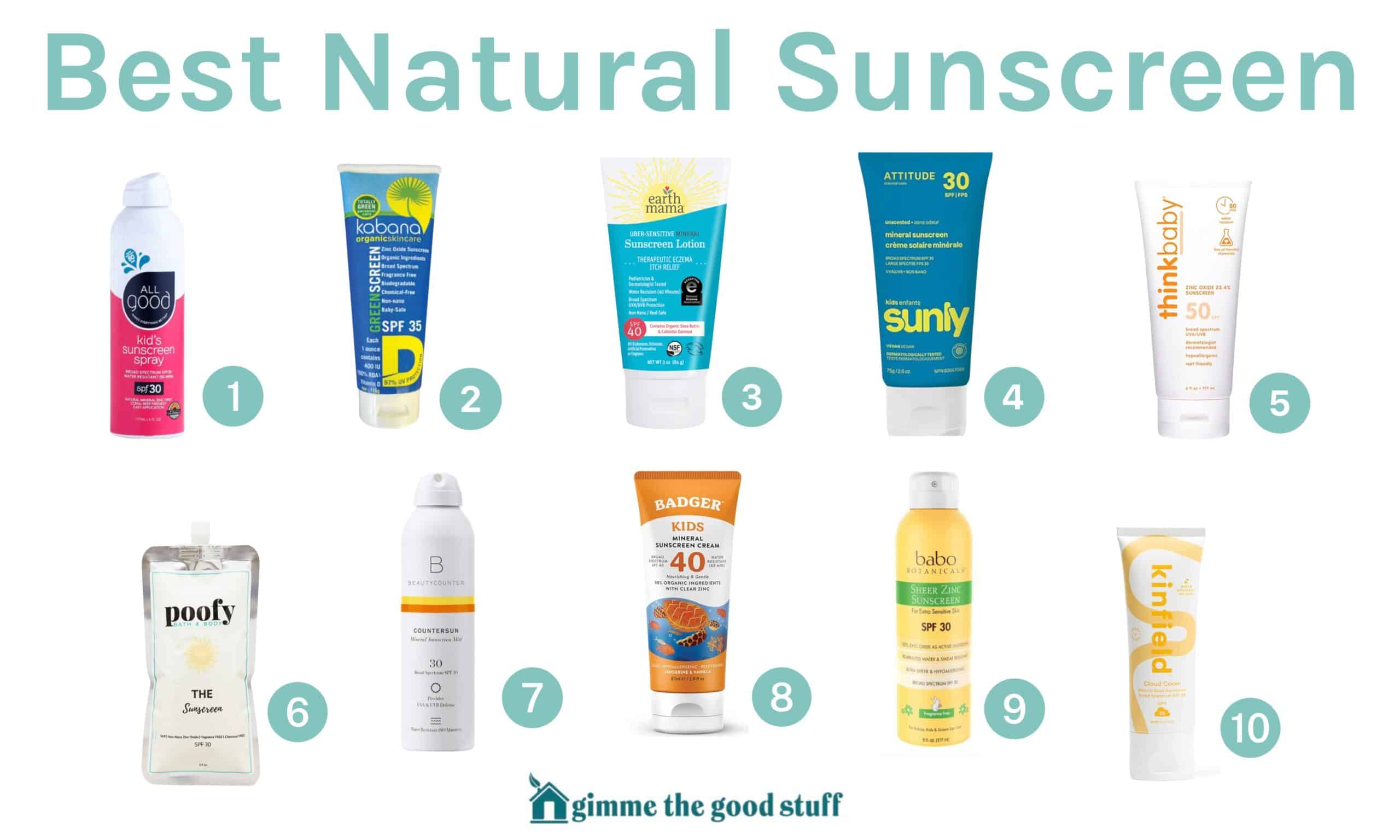
FAQs
What Is Chemical-free Sunscreen?
Chemical-free sunscreen uses natural ingredients to protect skin from UV rays. It avoids synthetic chemicals.
How Does Mineral Sunscreen Work?
Mineral sunscreen reflects UV rays using zinc oxide or titanium dioxide. It sits on the skin’s surface.
Is Chemical-free Sunscreen Effective?
Yes, chemical-free sunscreens are effective. They provide broad-spectrum protection against UVA and UVB rays.
Can Sensitive Skin Use Chemical-free Sunscreen?
Absolutely, chemical-free sunscreens are gentle. They are ideal for sensitive skin, reducing irritation risks.
Conclusion
Choosing sunscreen without chemicals is a wise choice for your skin. It offers protection without the worry of harmful ingredients. Natural sunscreens use minerals like zinc oxide. These provide effective sun protection. They are gentle and safe for sensitive skin.
Always check labels and ingredients. Your skin deserves the best care. Stay protected, stay healthy. Enjoy the sun responsibly.

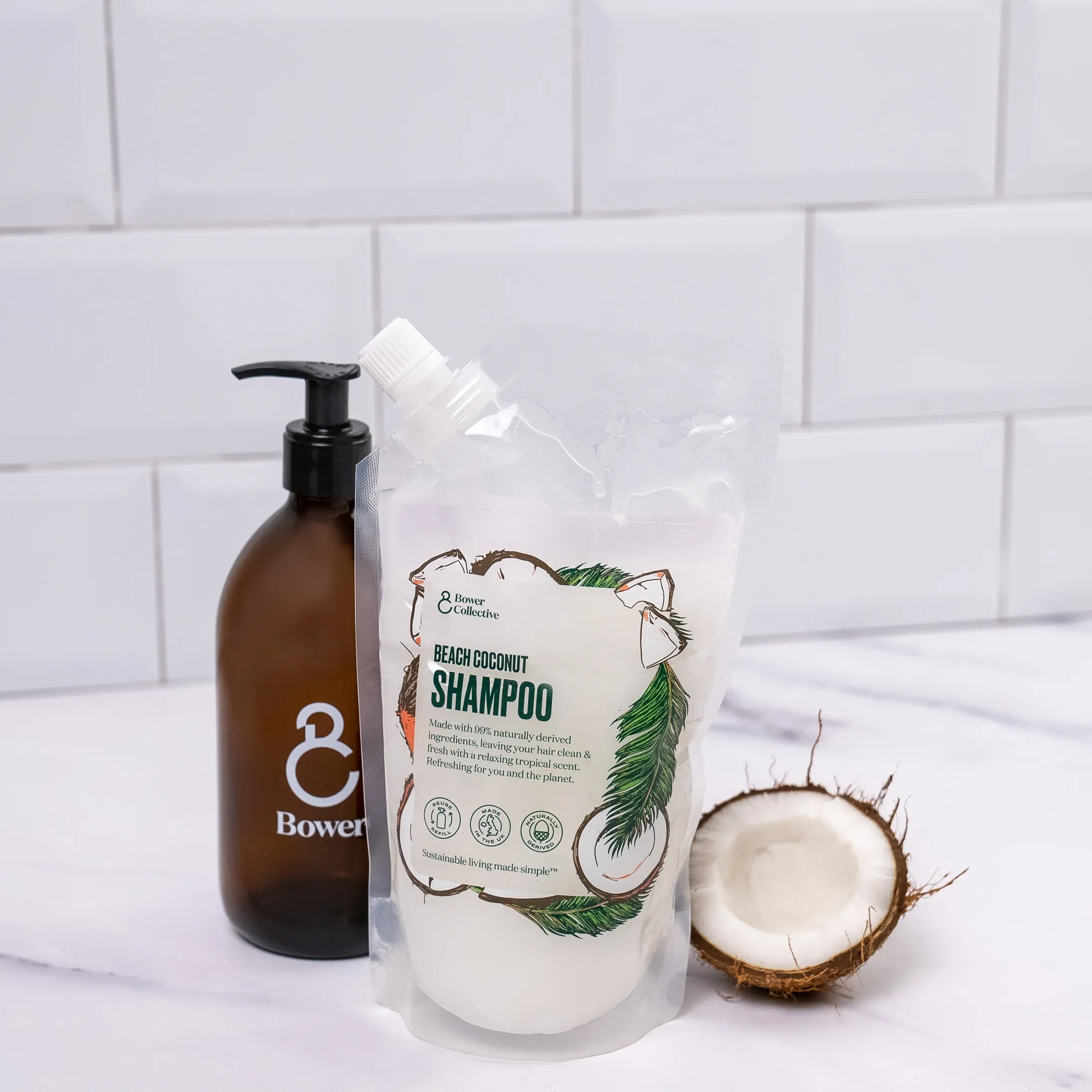
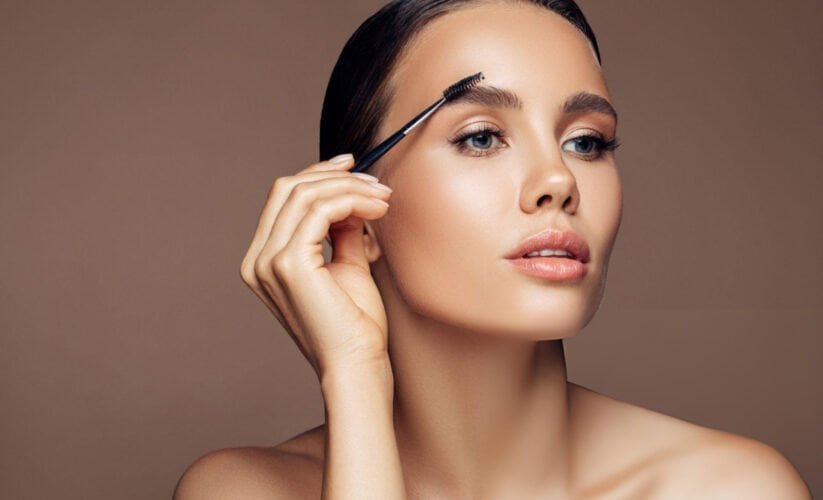
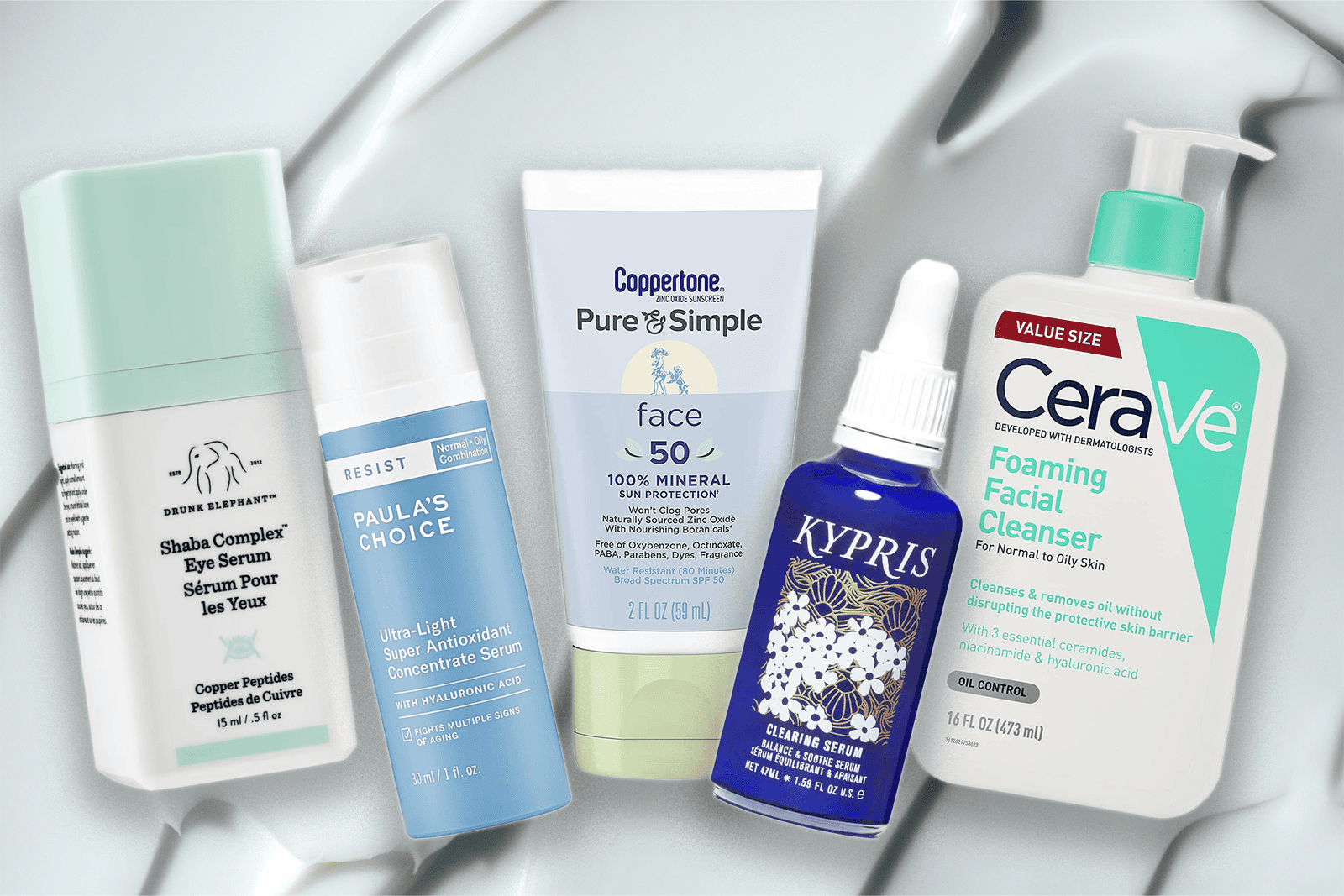
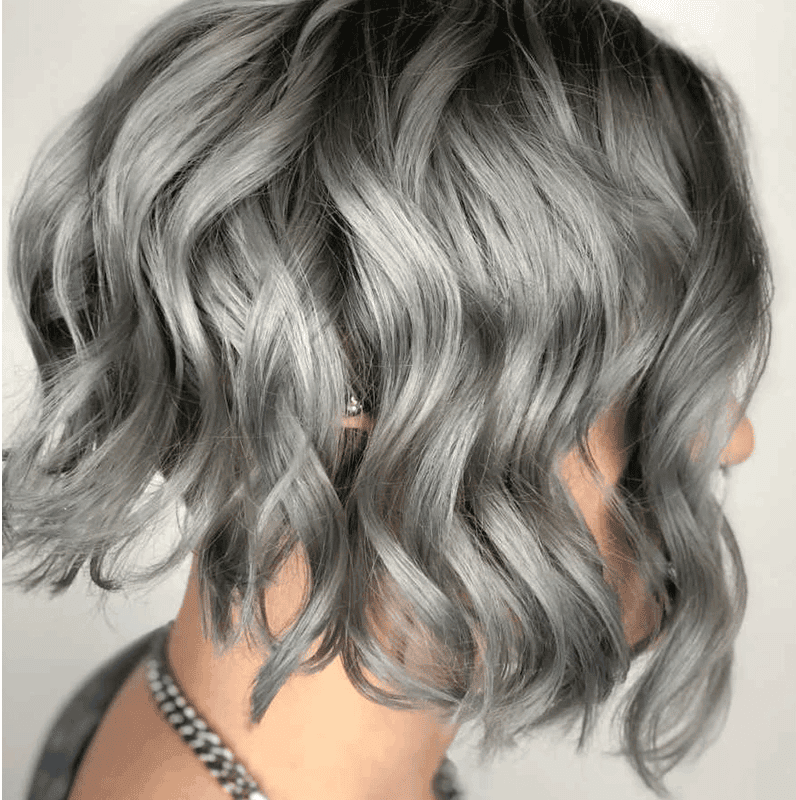


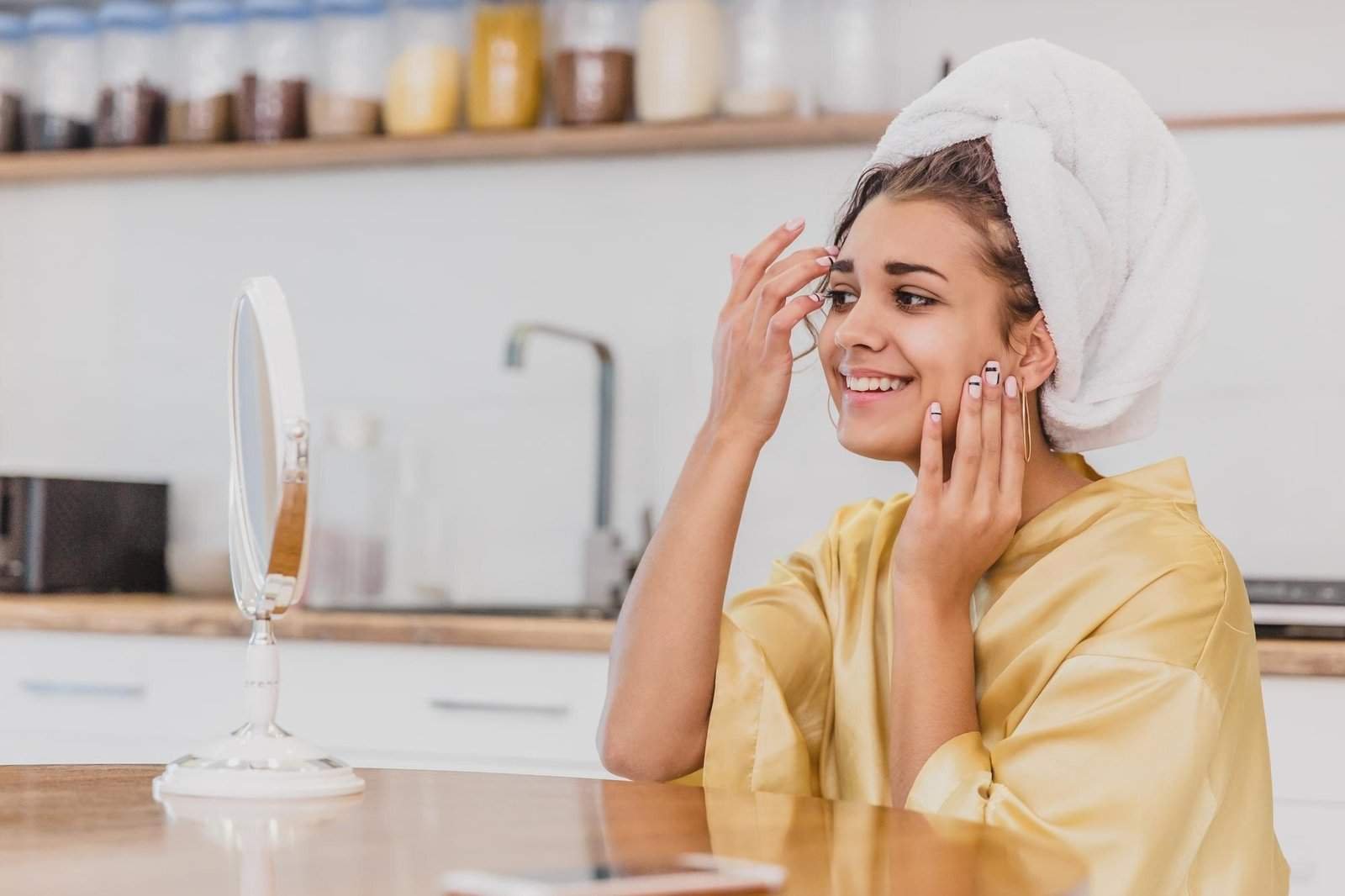


2 Comments
[…] with a toner to balance your skin. Use a moisturizer that suits your skin type. Don’t forget sunscreen to protect from UV rays. Night-time care should include makeup removal and a hydrating night cream. […]
[…] Sun protection is essential too. Apply sunscreen before going outside. These habits become second nature over time. Early education on skincare helps children understand its importance. […]